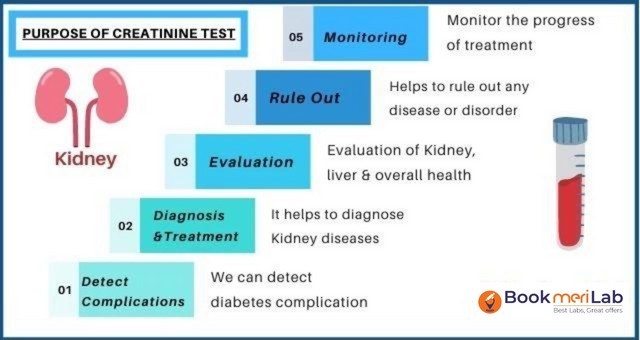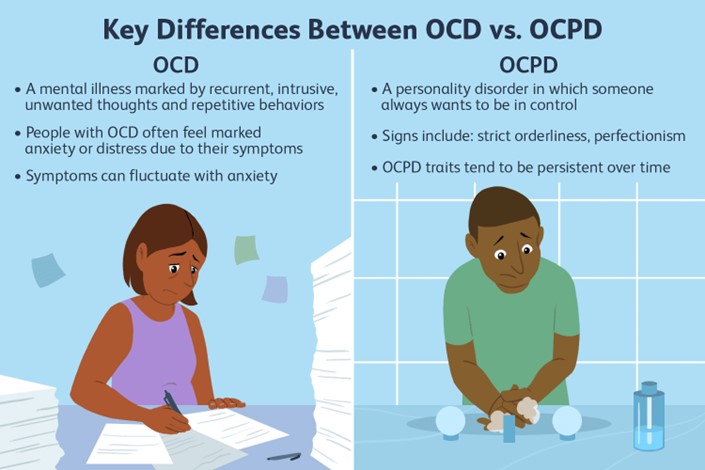Before administering an antibiotic that can cause nephrotoxicity, which laboratory value is most important for the practical nurse (PN) to review?
White blood cell count (WBC).
Serum creatinine.
Hemoglobin and Hematocrit.
Serum calcium
The Correct Answer is B
The correct answer is choice B, Serum creatinine. Choice A rationale:
The white blood cell count (WBC) is an important parameter for assessing the body's immune response to infections. While it can provide valuable information about the presence of an infection, it is not directly related to nephrotoxicity. Therefore, it is not the most important laboratory value to review before administering an antibiotic that can cause nephrotoxicity.
Choice B rationale:

Serum creatinine is a crucial laboratory value to assess kidney function. It is a waste product that is filtered by the kidneys, and its level in the blood is a reliable indicator of kidney function. If the serum creatinine level is elevated, it suggests impaired kidney function, which can be a warning sign of nephrotoxicity. Reviewing the serum creatinine level before administering nephrotoxic antibiotics is essential to ensure that the client's kidneys are functioning adequately and to avoid potential harm.
Choice C rationale:
Hemoglobin and hematocrit are indicators of the client's red blood cell count and blood's oxygen-carrying capacity. While these values can provide information about the client's overall health status, they are not directly related to nephrotoxicity. Therefore, they are not the most important laboratory values to review in this particular scenario.
Choice D rationale:
Serum calcium levels are essential for assessing bone health, nerve function, and muscle contractions. However, they are not directly related to nephrotoxicity, and reviewing serum calcium levels alone would not provide sufficient information about kidney function. Hence, it is not the most critical value to review before administering nephrotoxic antibiotics
Nursing Test Bank
Naxlex Comprehensive Predictor Exams
Related Questions
Correct Answer is A
Explanation
Suction the trachea.
Choice A rationale:
The practical nurse (PN) should ensure the ready availability of equipment to perform tracheal suctioning for a client who requires seizure precautions. Seizures can sometimes cause excessive salivation or even vomiting, which may lead to the obstruction of the airway. Suctioning the trachea helps in quickly clearing any secretions or vomitus from the airway, preventing potential respiratory compromise and ensuring the client's airway remains patent.
Choice B rationale:
Inserting a nasogastric tube is not directly related to seizure precautions. Nasogastric tubes are used for various purposes, such as decompression of the stomach, feeding, or administering medications. While it might be necessary in specific situations, it is not a priority when caring for a client on seizure precautions.
Choice C rationale:
Inserting a urinary catheter is also not directly related to seizure precautions. It is typically done for clients who have difficulty urinating on their own or for precise monitoring of urine output. Seizure precautions focus on the client's airway and safety during a seizure episode.
Choice D rationale:
Applying soft restraints is generally not recommended for clients on seizure precautions. Restraints should only be used as a last resort for clients who pose a risk to themselves or others during a seizure. The primary goal is to provide a safe environment and prevent injuries without restraining the client unless absolutely necessary.
Correct Answer is C
Explanation
This is the most important information for the PN to ask because it assesses the client's risk for self-harm and suicidal ideation. The client's statements indicate hopelessness, low self-esteem, and impaired functioning, which are potential warning signs of suicide. The PN should ask the client directly about any thoughts or plans of harming themselves and provide support and safety measures as needed.

A. Questioning about which rituals are most often used to reduce anxiety is not a priority and may reinforce the client's compulsive behavior.
B. Asking if the obsessions and compulsions interfere with sleep is not a priority and may not address the client's emotional distress.
D. Determining what makes the client think people are laughing is not a priority and may not be helpful for the client's perception of reality.
Whether you are a student looking to ace your exams or a practicing nurse seeking to enhance your expertise , our nursing education contents will empower you with the confidence and competence to make a difference in the lives of patients and become a respected leader in the healthcare field.
Visit Naxlex, invest in your future and unlock endless possibilities with our unparalleled nursing education contents today
Report Wrong Answer on the Current Question
Do you disagree with the answer? If yes, what is your expected answer? Explain.
Kindly be descriptive with the issue you are facing.
